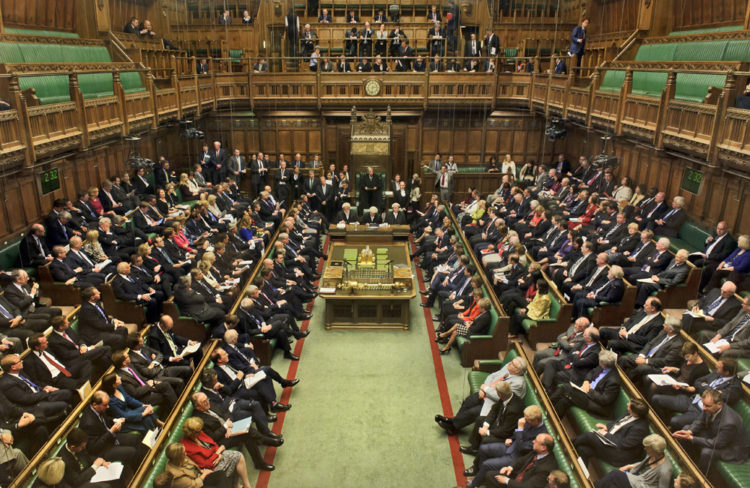By Ben Kerrigan-
Brexit supporters in the cabinet have agreed the UK should offer to pay more money to the EU as it leaves.
However, no formal offer will be made until the EU agrees to begin talks about a new trade deal with the UK.
No new figure has been given – but it is thought the bill could be as high as £40bn, double what the UK has offered so far
The precise amount for the “divorce bill” is yet to be established between the UK and the EU. Time is desperately running out, and signs the UK is considering paying more has to be seen as a positive indication of progress.
A few Conservative MPs have reacted angrily to the possibility of the UK agreeing to pay more . On Monday, Nigel Evans, said it would be like a “ransom payment” to the EU while another, Robert Halfon, said it would make voters “go bananas”.
Ever since the UK voted to leave the EU in June 2016, the issue of a divorce bill has been a stumbling block to progressive talks. Already, the UK has agreed to guarantee the stay of EU citizens living in the UK, provided british citizens in the UK get similar treatment in response.
How the Northern Ireland border will work is also an important aspect requiring agreement. Meetings in Brussels by negotiators representing both parties have so far yielded nothing substantial, but it is at least hoped that the recent compromise by the UK to pay more, may break the ice. However, the UK will need to name the precise amount they are prepared to pay.
The delay in getting to this point raises questions as to why it has taken so long to agree to pay more. It may be that the UK do not agree with the high figures the EU have been requesting, but are simply compromising just to move things on quickly. A compromise made by the UK must be acknowledged by EU chiefs, who will be expected to show their hand of appreciation by speeding up the process of trade talks in return.
The UK will not be bullied by EU unelected bosses who have so far appeared to be trying to punish the UK for leaving the European Union . They must respect that this decision was taken by the British people, and even those of us who did not agree with the outcome are forced to respect and accept it in the same way expected from the rest of the EU. EU leaders are due to decide at a summit on 14 and 15 December whether to allow talks on a future trade relationship to begin. Without a good reason to explain further delays, EU bosses will be seen as acting like dictators, something the British government and the British people will not tolerate.



